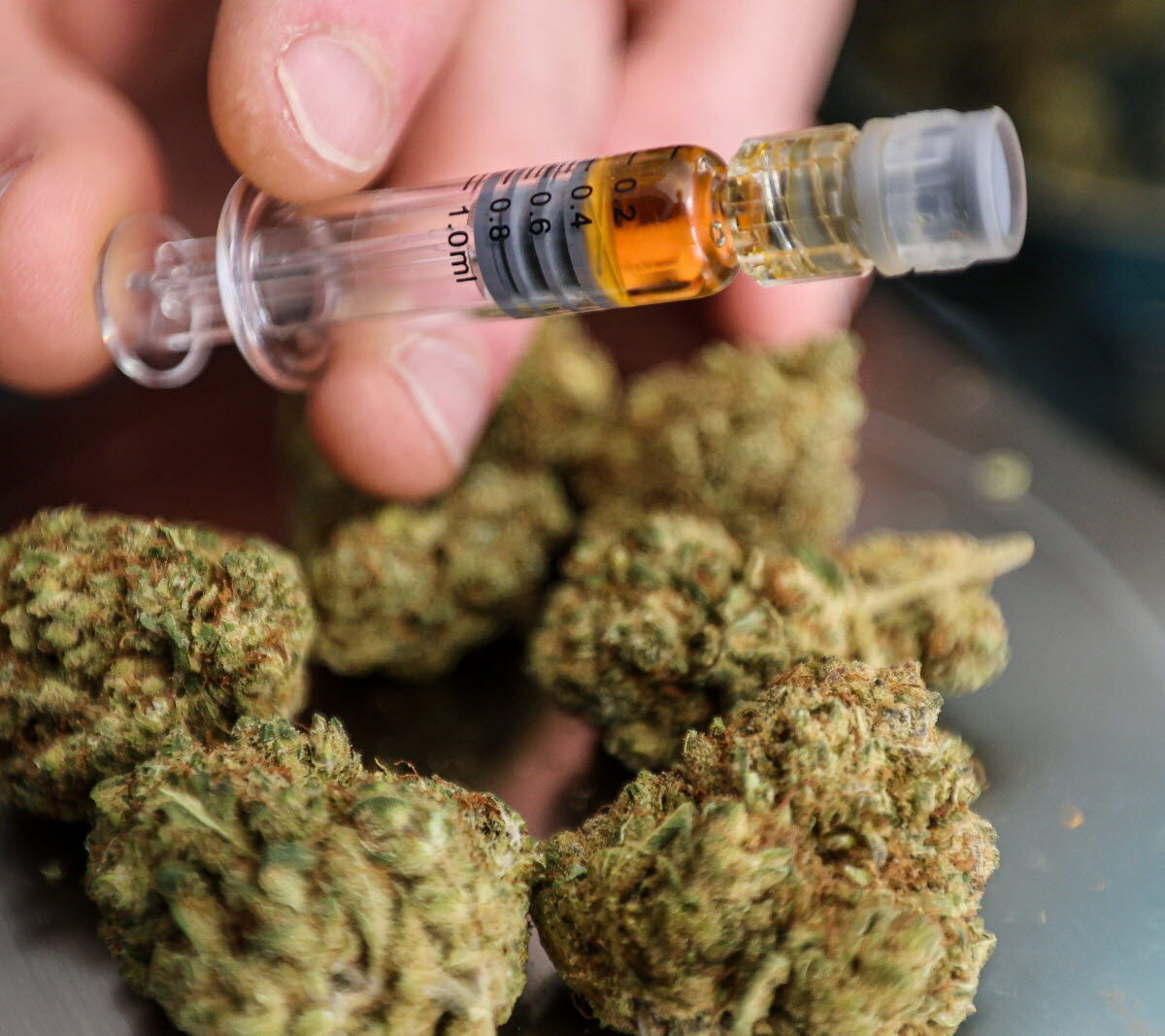Cannabis use is on the rise globally, and with increasing legalization, its role in cannabis and addiction recovery is a topic of growing interest. This blog dives into the complexities of this issue, exploring the potential benefits and drawbacks of cannabis use for those on the path to recovery from addiction.
Cannabis Dependence and Addiction
First, it’s crucial to differentiate between cannabis dependence and addiction. Dependence occurs when the body adapts to regular cannabis use, leading to withdrawal symptoms if use stops. Addiction, however, involves a compulsive need to use despite negative consequences. While cannabis dependence is real, addiction is less common compared to other substances.
Potential Benefits of Cannabis in Addiction Recovery
Some individuals in recovery find cannabis helpful in managing specific challenges:
- Cravings: Studies suggest cannabis may help reduce cravings for certain substances like opioids and alcohol.
- Withdrawal Symptoms: Cannabis may offer relief from some withdrawal symptoms like anxiety, insomnia, and pain.
- Mental Health Conditions: For individuals with co-occurring mental health issues like anxiety or depression, cannabis may provide temporary relief.
Important Considerations and Potential Drawbacks
While the potential benefits exist, there are also crucial considerations:
- Limited Research: Research on the therapeutic use of cannabis in addiction recovery is still developing. More robust studies are needed to definitively determine its effectiveness.
- Gateway Effect: The “gateway effect” theory suggests cannabis use could increase the risk of addiction to other substances. While the evidence is not entirely conclusive, it’s a concern.
- Impaired Cognitive Function: Cannabis use can impair cognitive function, potentially hindering recovery efforts that require focus and clear thinking.
- Mental Health Risks: Cannabis use can exacerbate underlying mental health conditions like psychosis, especially for those predisposed.
Individualized Approach is Key
The decision of whether or not to use cannabis during recovery should be highly individualized. Factors to consider include:
- Severity of Addiction: For those struggling with severe addiction to a different substance, the risks of cannabis use might outweigh the potential benefits.
- Individual Response: People respond differently to cannabis. Some may find it helpful, while others may experience negative effects.
- Underlying Medical and Mental Health Conditions: Individuals with pre-existing medical or mental health conditions need to be especially cautious about cannabis use.
Alternatives to Explore
Many effective, evidence-based options exist for addiction recovery:
- Therapy: Cognitive Behavioral Therapy (CBT) and other therapeutic approaches can help individuals develop healthy coping mechanisms and address the underlying causes of addiction.
- Support Groups: Connecting with others in recovery can provide invaluable support, encouragement, and a sense of belonging.
- Medication-Assisted Treatment (MAT): MAT combines medication with therapy to manage withdrawal symptoms and cravings for specific substances.
Conclusion: Weighing the Options
The relationship between cannabis and addiction recovery is complex. While it may offer some benefits for certain individuals, it’s crucial to approach it cautiously and under the guidance of a healthcare professional specializing in addiction treatment. Open communication and a personalized approach are essential for navigating this path to lasting recovery.
Disclaimer: This blog is for informational purposes only and should not be interpreted as medical advice. Always consult with a qualified healthcare professional before making any decisions regarding addiction treatment or cannabis use.

